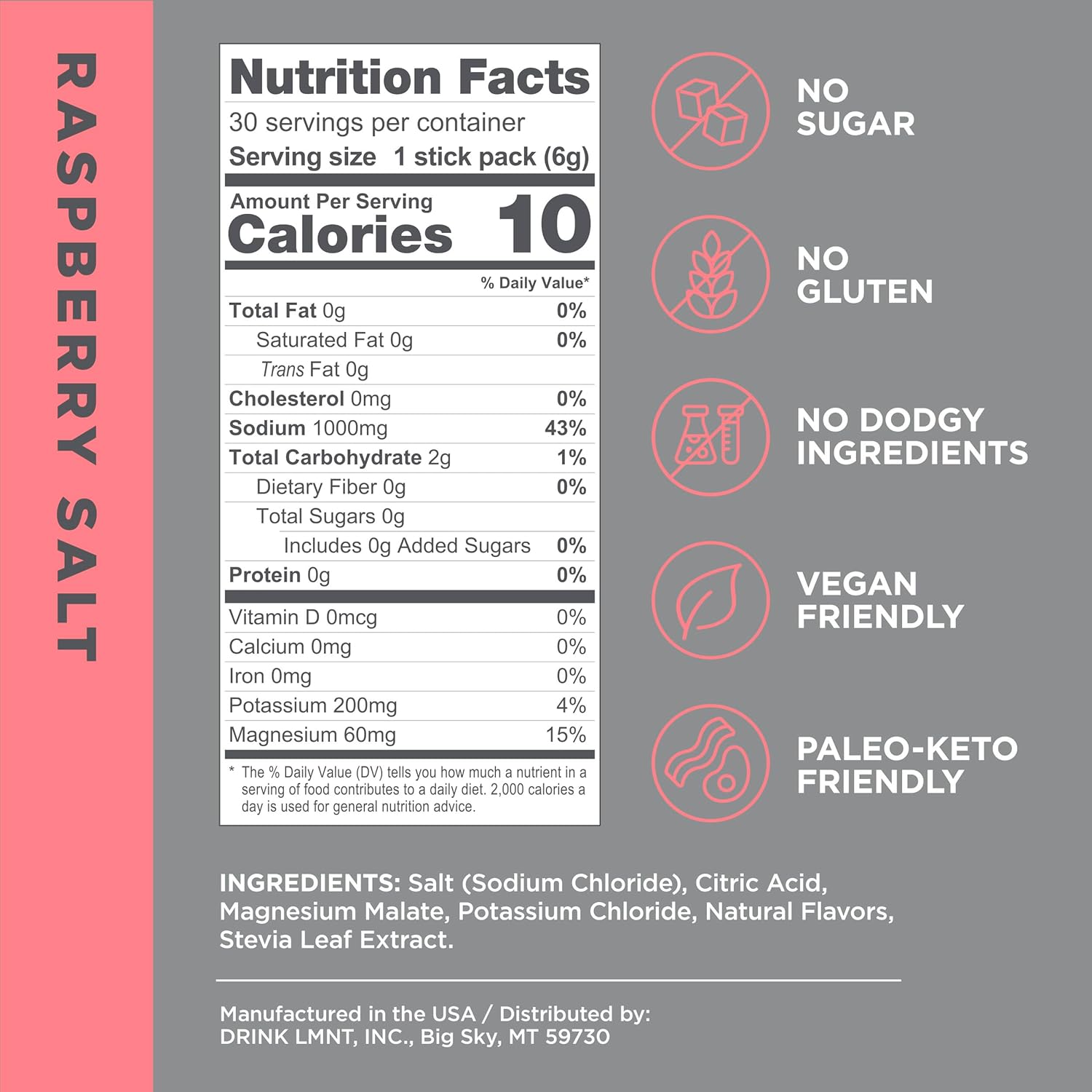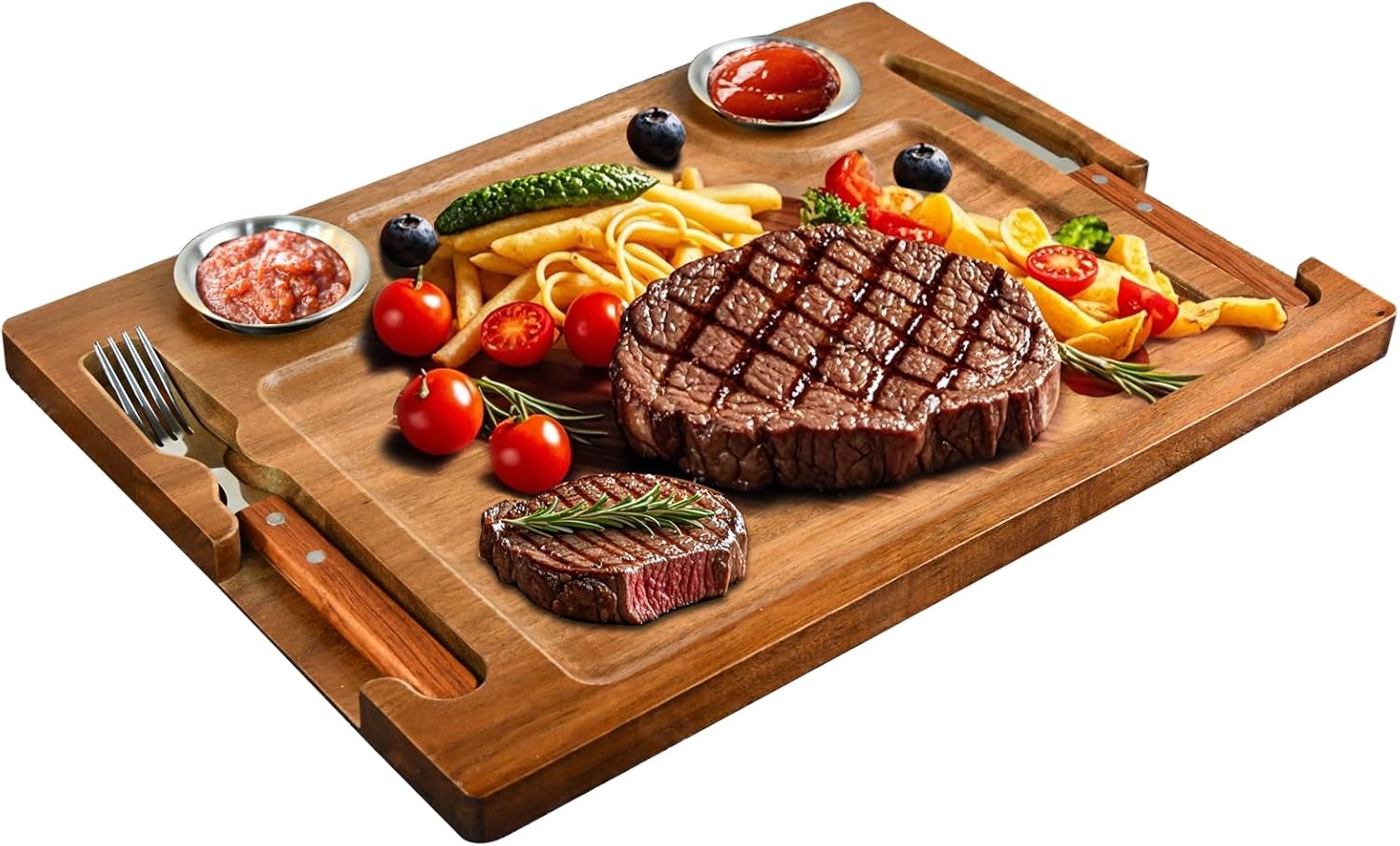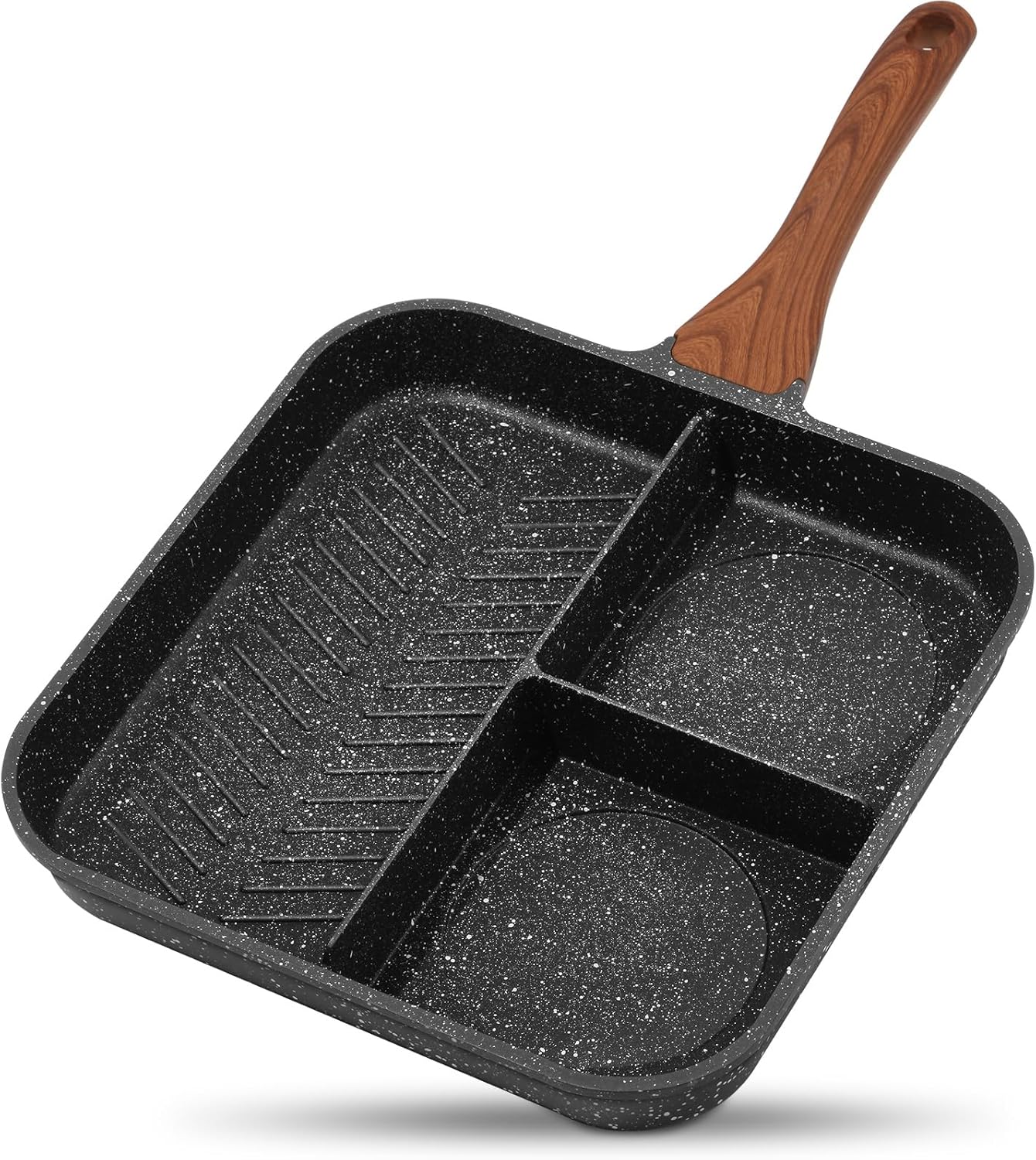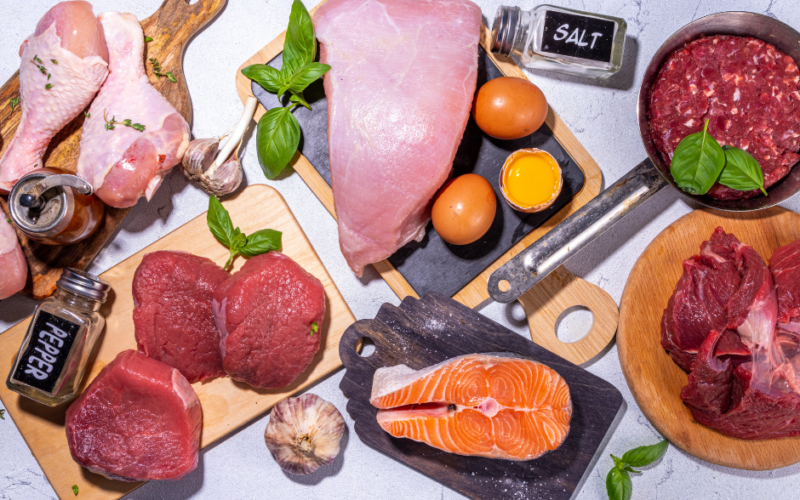Carnivore Diet Must Haves: What You Need Before Beginning
Embarking on a new way of eating like the carnivore diet can be both exciting and daunting. Having been on this animal-based diet myself for quite some time, I’ve learned a lot from my experiences—some the easy way, and others, well, not so much.
If I were starting again today, I’d make sure to have a few must-have items and supplements to ensure a smooth transition.
Here’s what you need to get started on your carnivore diet experience successfully.
Understanding the Carnivore Diet
The carnivore diet is a high-protein, low-carbohydrate diet that focuses on eating only animal products.
It’s an elimination diet at its core, removing plant-based foods entirely to focus solely on animal foods.
This way of eating typically includes red meat, organ meats, full-fat dairy, and other animal-based foods like eggs and bone broth.
Many carnivore dieters report potential health benefits, such as improved gut health, better energy levels, and even weight loss.
Must-Have Items and Tips for the Carnivore Diet
1. Electrolytes
One aspect that often surprises newcomers to the carnivore diet is the need to manage electrolytes carefully. When you eliminate plant foods and carbohydrates from your diet, you may experience an initial drop in electrolyte levels, which can lead to health issues like fatigue or headaches.
Incorporating electrolytes in your diet can help maintain your energy levels and prevent these symptoms.
Look for an electrolyte supplement that includes sodium, potassium, and magnesium. But make sure it is not loaded with carbs. This one is my favorite.

2. Celtic Salt
Celtic salt is another important nutrient to include on your carnivore diet food list. It provides essential minerals and flavors your meals without the added chemicals found in processed salts. Using Celtic salt helps replace sodium lost due to a low-carb intake and keeps your blood pressure in check.
3. Steak Plate/Cutting Board
A practical tip for anyone venturing into the carnivore diet is to invest in a quality steak plate or cutting board. Since you’ll be preparing and consuming a lot of meat, having a sturdy surface with meat juice collectors can make your life much easier.
This simple tool can save you time and reduce the mess in your kitchen.

4. Pan Divided into Sections
Cooking multiple cuts of meat or other animal-based products like eggs and bacon can be streamlined with a pan divided into sections.
This allows you to prepare various carnivore diet snacks or meals simultaneously, minimizing cleanup and making your cooking process more efficient.

5. Magnesium Pills
A common misconception about the carnivore diet is that consuming just animal meat will suffice for all your dietary needs.
However, many people overlook mineral deficiencies, particularly magnesium. Taking magnesium pills can support your cardiovascular health, muscle function, and energy production while mitigating the risk of kidney disease and digestive issues.
Addressing Mental Challenges
The biggest battle for many initiating a meat diet isn’t physical—it’s mental. While the cooking and food intake are straightforward due to the limited options on this eating plan, sticking to it when cravings hit can be challenging.
One way to overcome this is by focusing on the range of benefits you’re aiming to achieve, such as improved mental health, cardiovascular health, and overall well-being.
The Carnivore Diet Shopping List
When you head to the grocery store to begin your carnivore meal plan, it’s essential to know which animal-based products to prioritize:
- Grass-Fed Beef and Pasture-Raised Meats: These are excellent choices for quality protein and healthy fats.
- Organ Meats: Packed with essential vitamins and minerals, they should be a regular part of your carnivore diet.
- Bone Broth: A good option for gut health and a source of collagen.
- Full-Fat Dairy Products (if tolerated): Provide vitamin D and other essential nutrients.
- Game Meat and Chicken Thighs for variety.
- Pork Rinds and Beef Jerky for carnivore diet snacks.
Nutrient Considerations
While the carnivore diet is rich in animal fats and proteins, it’s important to be mindful of potential nutrient deficiencies, such as vitamin C and B vitamins. Including organ meats in your diet can help mitigate these risks, as they’re rich in important nutrients. Additionally, full-fat dairy can offer calcium and vitamin D.
Carnivore Diet Benefits and Potential Health Risks
The carnivore diet offers a range of potential benefits, including weight loss, improved brain function, and enhanced cardiovascular health. However, it’s crucial to approach it with awareness of the potential risks, such as nutrient deficiencies and an increased risk of heart disease if not balanced properly.
Transitioning to a carnivore diet requires more than just a commitment—it’s about setting yourself up for success from the start. By equipping yourself with the right tools, understanding your dietary needs, and addressing common misconceptions, you can enjoy the lifestyle’s benefits while minimizing challenges.
If you’re ready to take the plunge into this animal-based diet, make sure to have your carnivore diet shopping list handy and remember the essentials like electrolytes, Celtic salt, and magnesium pills.
With careful planning, you’ll find this new diet to be not just sustainable but also an excellent way to boost your overall health and well-being.


